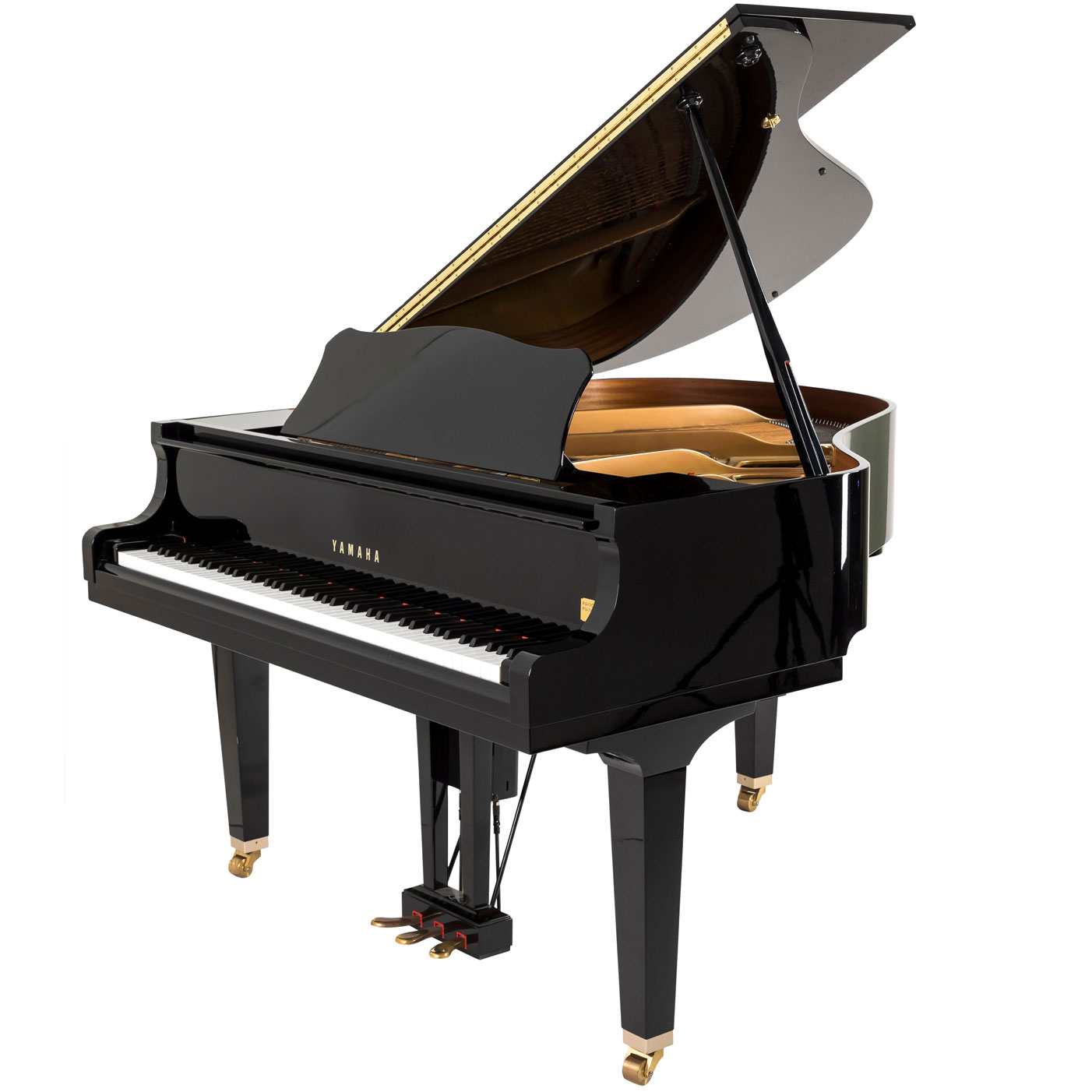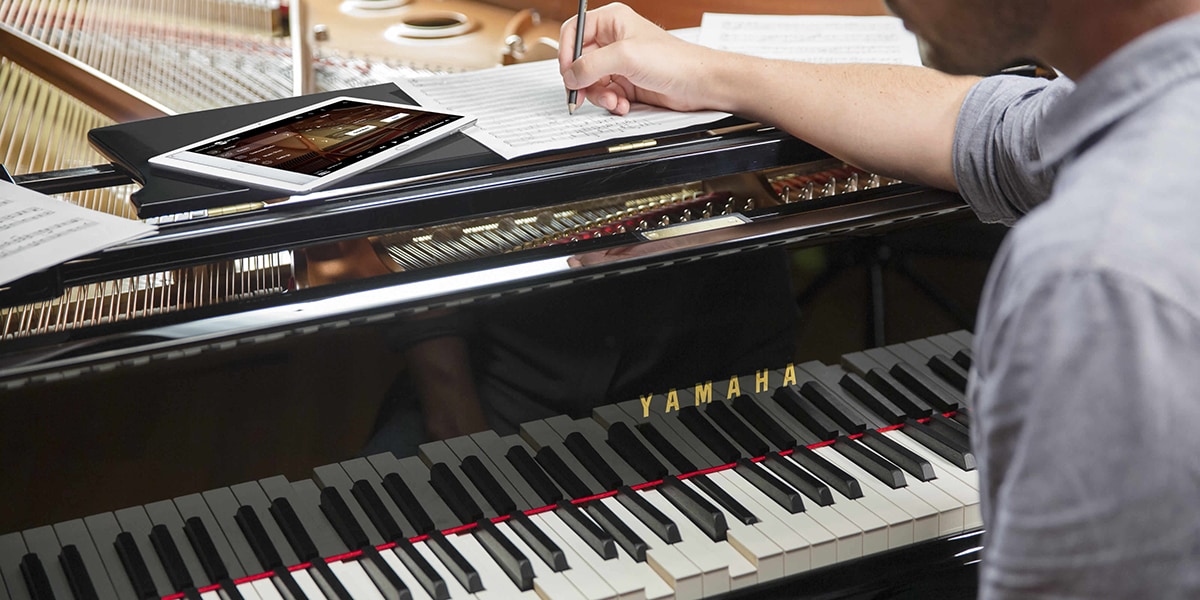Ah, the timeless beauty of a piano keyboard. The sound of each key being pressed, the melodies that can be created – it’s enough to make anyone want to learn how to play! But as a beginner, you might be wondering: just how much does a piano keyboard cost? Trust me, I’ve been there. And let me tell you, the answer isn’t as simple as pressing middle C.
In this article, we’ll delve into the world of piano keyboards and explore their various price points. We’ll also take into consideration factors such as brand, features, and quality to give you a better understanding of what makes up the cost. Whether you’re looking for a budget-friendly option or willing to splurge on a high-end model, this guide has got you covered. So, if you’re ready to start tickling those ivories with confidence and knowledge about pricing, let’s get started!
So, how much does a piano keyboard cost?
The cost of a piano keyboard can vary greatly depending on the brand, size, and quality. Generally, a basic beginner’s keyboard can range from $100 to $300. For more advanced players or those looking for higher quality keyboards, prices can go up to $500 to $1500.
Some factors that influence the cost of a piano keyboard include the number of keys (most have 88), the type and weight of keys (weighted keys are typically more expensive), and additional features such as touch sensitivity or built-in speakers.
If you’re looking for a digital piano with realistic sound and feel, expect to pay at least $500. However, top-of-the-line models from reputable brands like Yamaha or Kawai can reach upwards of $3000.
For acoustic pianos, prices start at around $2000 for an entry-level upright model and can go up to tens of thousands for grand pianos made by prestigious brands like Steinway & Sons.
It’s important to do your research before making a purchase so you know exactly what features you want in a piano keyboard and how much you’re willing to spend. Keep in mind that investing in a high-quality instrument will not only enhance your playing experience but also ensure its longevity.
Factors Influencing the Price of a Piano Keyboard
When stepping into the world of music, particularly with piano keyboards, one is likely to be struck by the significant price variations. This can feel overwhelming and mysterious. However, there are several factors that come into play when determining keyboard prices. Brand reputation, keyboard quality, and extra features all play a crucial role in how much you might end up spending on your musical investment.
Firstly, like many other products out there, brand has a profound impact on pricing. Reputable brands like Yamaha or Roland charge premium prices due to their legacy of delivering high-quality instruments consistently over time. These companies use top-notch materials and have highly experienced workers who craft each instrument meticulously.
On the other hand, lesser-known brands may offer more budget-friendly options but at possible risk of compromised quality or durability.
In addition to brand influence, another factor that significantly affects the cost is the overall quality of the keyboard itself; which includes both its build and sound production capability.
- The build: Keyboards made from robust materials tend to be pricier since they promise longevity.
- The sound: This aspect encompasses everything from polyphony (number of notes it can produce simultaneously) to touch sensitivity (how responsive keys are). Each added layer increases complexity hence driving up its value.
Finally, yet importantly, extra features such as pre-programmed rhythms/songs or MIDI compatibility also bump up a keyboard’s price tag since these add-ons enhance user experience drastically by offering room for growth & creativity.
Understanding the Difference Between Acoustic Pianos and Digital Keyboards
Certainly, both acoustic pianos and digital keyboards have their unique characteristics that make them special. Just like two delightful desserts – a layered chocolate cake and a chilled vanilla ice cream – they are different in texture, taste, and enjoyment but equally satisfying for any dessert lover. Similarly, these musical instruments may offer varying appeals to music enthusiasts.
Let’s first chat about the acoustic piano; it’s often considered the traditional or “real” piano. At its core is resonance – those beautiful harmonious sounds produced when hammers strike strings inside a wooden body. Ah yes, that classic rich depth of sound! It offers an unquestionable level of authenticity with variations in tone depending on how you touch its weighted keys; a gentle stroke might whisper soft melodies while a forceful press could summon powerful symphonies.
On the downside though, they’re quite hefty (often weighing hundreds of pounds), require regular tuning (which can be costly) and sadly aren’t portable.
Now let’s stroll over to digital keyboards – modern marvels indeed! Here we have portability, oftentimes weighing less than 30 pounds. No need for tuning here, a pocket full of pre-recorded sounds opening up vast musical landscapes, varying volume controls, and some even mimic acoustic piano feel with ‘weighted’ keys! However, despite advancements in technology, some musicians argue that digital keyboards lack the ‘organic’ sound quality compared to their acoustic counterparts.
In conclusion, whether you choose an acoustic piano or digital keyboard really depends on your personal preferences and circumstances.
 how much does a piano keyboard cost?
how much does a piano keyboard cost?
Read also: can hugh laurie play piano
Price Range for Beginner’s Piano Keyboards
If you’re a rookie piano enthusiast and the thought of deciding which keyboard to purchase is confusing, worry not. It’s normal for beginners to question how much dough they should drop when taking their first steps into the riveting world of music. From my experience, the price range for beginner’s piano keyboards can vary dramatically, chiefly depending on your needs, brand preference, and budget.
For those who are just getting their feet wet and want something fundamental yet functional, you may find decent keyboards starting from around $50-$100. These keys often have smaller-sized keys with fewer octaves – perfect for those unsure fingers trying out chords for the very first time! Now if you’ve got slightly deeper pockets or wish to invest in something that’ll last longer as your skills grow? Well then, we suggest considering mid-range options priced between $200-$500. Keyboards in this bracket offer more features such as weighted keys (for added realism), a larger octave range and built-in lessons!
- Low-tier keyboards: $50-$100
- Mid-tier keyboards: $200-$500
But let me tell you – if money isn’t an issue and you dream of becoming a maestro one day? The sky’s truly the limit here; higher-end models can go upwards from even $1k but come packed with professional-grade capabilities that could give many traditional pianos a run for their money! So, whether it be Bach or Beethoven pieces calling your name or simply playing ‘Happy Birthday’ at family gatherings – there’s no doubt there’s an ideal keyboard waiting patiently out there just for you.
Exploring the Cost of Intermediate and Professional Level Keyboards
It’s an exciting journey when you decide to delve into the world of music and take up playing a keyboard. But as your skills grow, so does the need for more sophisticated equipment, perfectly designed to enhance each note you strike. The cost of intermediate and professional level keyboards can vary greatly based on numerous factors such as brand, model, functions and features.
- Intermediate keyboards: Ideal for those who have mastered the basics but aren’t quite ready for full-blown professional gear yet. These typically range from $200 to $800 depending on complexity and capabilities offered. Notable features that increase price include touch sensitivity (the keys respond differently depending on how hard they’re pressed), selection of voices/sounds, recording capability, onboard lessons or tutorials.
- Professional Keyboards: These are top-tier instruments meant exclusively for expert musicians needing advanced functionality and unparalleled sound quality. Prices here start from around $1,000 going all the way up to several thousands – again hinging upon brand prestige, technological sophistication like weighted key action (mimicking a real piano feel), extensive sound libraries with high-quality samples, multi-track recording/editing options etc.
In conclusion – whether it’s expressing your emotions through chords in solitude or dishing out electrifying performances in front of large audiences – every musical journey is unique; hence there isn’t a one-size-fits-all keyboard. The trick lies in understanding what you seek from your instrument at different stages along this tuneful path before investing wisely.
You may also like: kawai vs yamaha piano
High-End Piano Keyboard Brands and Models: What You’re Paying For
When you’re in the market for a high-end piano keyboard, certain names are sure to make their appearance. Brands like Yamaha, Korg, and Roland dominate this sphere with their premium models. What sets these brands apart from others is not just the prestige attached to them but also the exceptional quality they offer. The keyboards produced by these manufacturers often feature advanced technology that mimics the rich sound of an acoustic grand piano – no tinny imitations here! They usually include weighted keys designed to provide an authentic feel, which can enhance your playing technique and expression. The build quality and design aesthetics are also top notch, as one might expect.
For instance, let’s take a closer look at some of their standout models:
- The Yamaha Clavinova series boasts impeccable craftsmanship with its realistic touch response and stunningly lifelike tones.
- Korg’s Kronos model offers nine distinct sound engines for unmatched sonic versatility,
- Finally, Roland’s RD-2000 Stage Piano provides players with powerful on-board effects and controls.
These brands invest heavily in research & development to continually innovate and improve upon each new model released onto the market, thus justifying their higher price points. So, when you shell out those extra dollars for a high-end piano keyboard, you’re essentially paying for state-of-the-art features backed by years of industry expertise – all intended to enrich your musical journey.
Conclusion: Making an Informed Decision on Your Piano Keyboard Purchase
Making the right decision when it comes to purchasing a piano keyboard isn’t as hard as you might think. It all starts with understanding what you need from your instrument and how much you’re willing to spend. Quality, size, and functionality are pivotal aspects that can significantly impact the music you produce, so it’s essential to consider these factors in your decision-making process.
- The quality of a piano keyboard is often reflected in its price point. High-quality keyboards often come with additional features like touch-sensitive keys, realistic sounds, and advanced connectivity options for recording or live performance.
- The size of the keyboard should match your proficiency level and space availability at home or studio – beginners might prefer smaller-sized keyboards whereas more experienced players may lean towards full-sized 88-key models.
- The functionality matters too – if composition and arranging are important to you, pick one that includes built-in rhythms, accompaniments, recording capabilities among other advanced features.
Ultimately, making an informed decision about your piano keyboard purchase means doing some research beforehand: read reviews online, try different models out at the store, if possible, ask professional pianists for their recommendations. Remember: there’s no one-size-fits-all solution here; it’s about finding what fits YOU best! Just take into account these elements mentioned above along with careful consideration on budget allocation – then proceed confidently knowing that this new companion of yours will hopefully bring tons of joy through musical exploration

